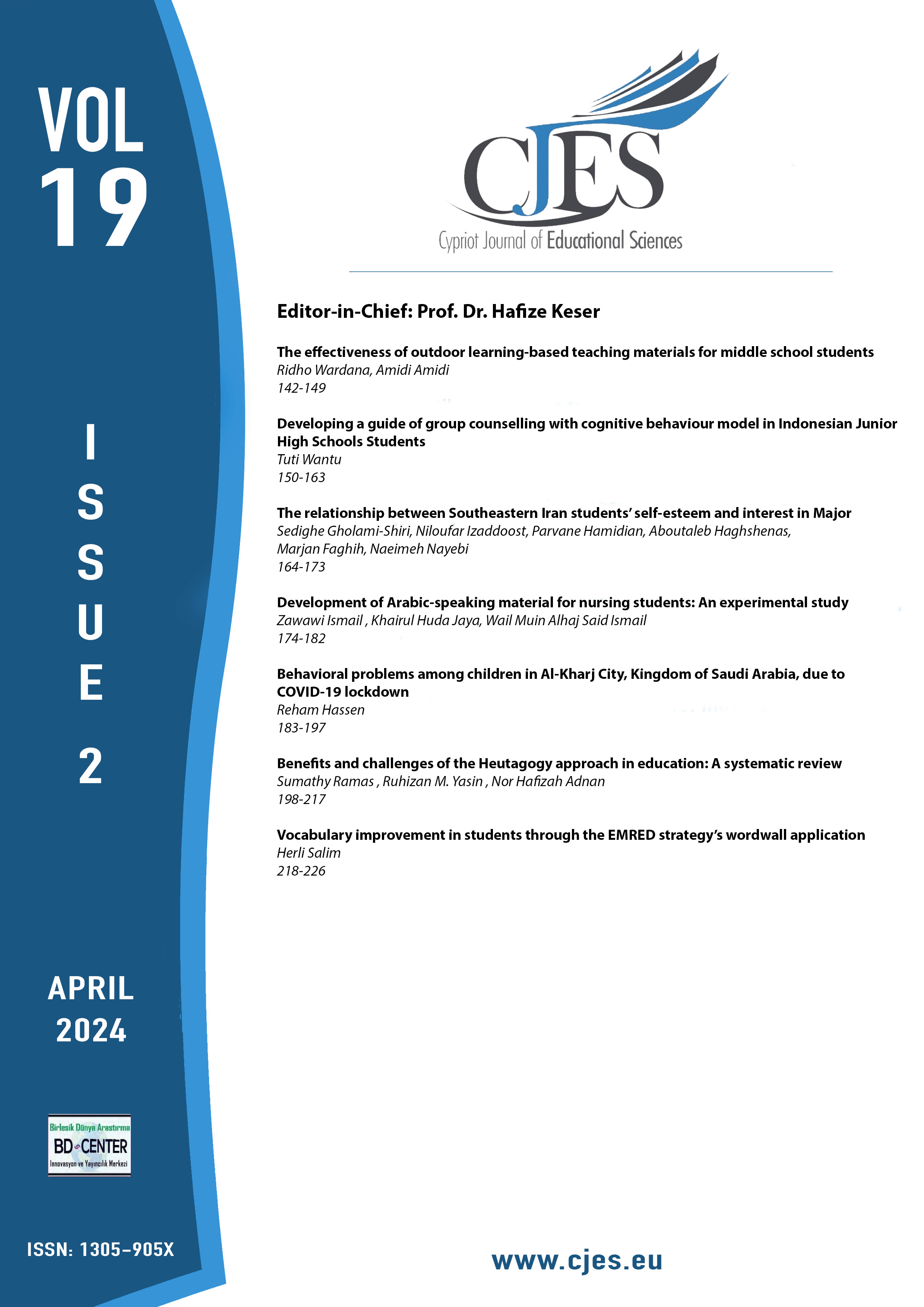Benefits and challenges of the Heutagogy approach in education: A systematic review A systematic review
Main Article Content
Abstract
Heutagogy in education has emerged as a concept that will support education by giving students the choice of self-determined learning. However, any educational level can incorporate this strategy. The goal of this literature review was to examine the advantages and drawbacks of using the Heutagogy method in education. Out of 123 papers from 2018 to 2022, 28 were extracted using two databases, Web of Science (WoS) and Scopus, while considering inclusion and exclusion parameters. According to the literature study, there are several advantages to using the Heutagogy approach in education, such as improved mentoring skills for the Heutagogy approach, increased self-determined learning among students, and the development of Information and Communication Technology abilities. Subsequently, the Heutagogy approach’s adoption in education does face significant difficulties. Teachers, students, and environmental factors are some of these difficulties. It is intended that this systematic literature evaluation would give educators a better grasp of the extent to which the Heutagogy approach would reshape education.
Keywords: Heutagogy approach; Information and Communication Technology (ICT); self-determined learning.
Downloads
Article Details

This work is licensed under a Creative Commons Attribution 4.0 International License.
Cypriot Journal of Educational Sciences is an Open Access Journal. The copyright holder is the author/s. Licensee Birlesik Dunya Yenilik Arastirma ve Yayincilik Merkezi, North Nicosia, Cyprus. All articles can be downloaded free of charge. Articles published in the Journal are Open-Access articles distributed under a CC-BY license [Attribution 4.0 International (CC BY 4.0)].
Birlesik Dunya Yenilik Arastirma ve Yayincilik Merkezi (BD-Center)is a gold open-access publisher. At the point of publication, all articles from our portfolio of journals are immediately and permanently accessible online free of charge. BD-Center articles are published under the CC-BY license [Attribution 4.0 International (CC BY 4.0)], which permits unrestricted use, distribution, and reproduction in any medium, provided the original authors and the source are credited.

